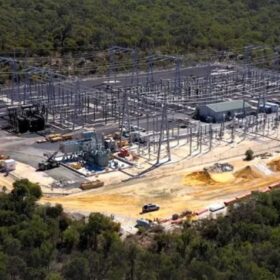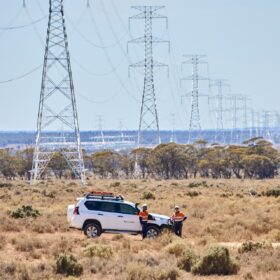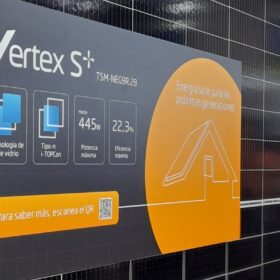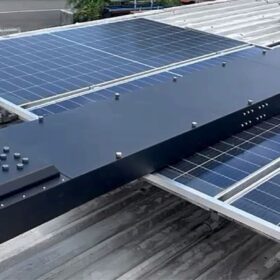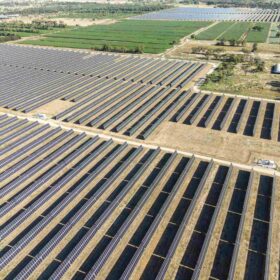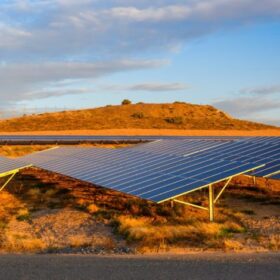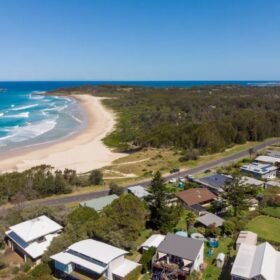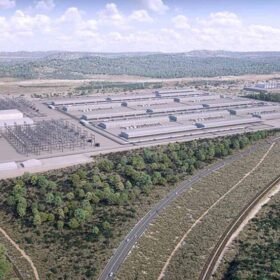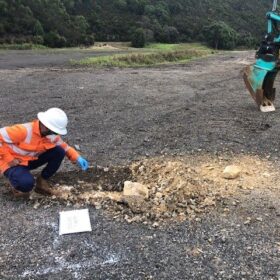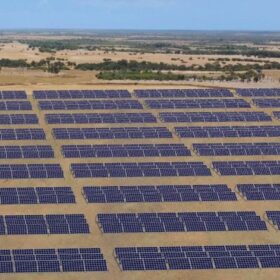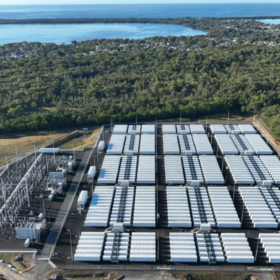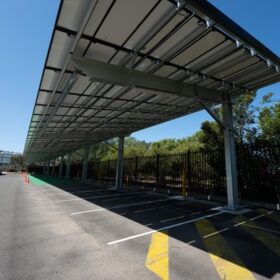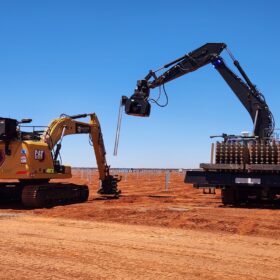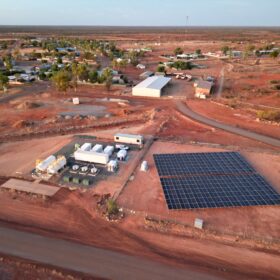Western Power starts works to improve SWIS capacity
Western Australia utility Western Power has commenced the rollout of a $28 million (USD 19 million) works package to manage the capacity of key distribution feeders in the state’s main electricity network and unlock new renewable energy generation opportunities.
ElectraNet completes SA stretch of EnergyConnect
ElectraNet has announced the successful completion of the South Australian component of Project EnergyConnect, the new high-voltage transmission line between South Australia and New South Wales, marking a significant milestone in Australia’s renewable energy landscape.
Solar manufacturers unite to develop 700 W + module standards
Solar module size standardisation will enhance supply chain efficiencies, boost production, and lower costs, according to the 700W+ Photovoltaic Open Innovation Ecological Alliance, thus accelerating the industrialisation of 700 W or greater modules.
Singaporean startup unveils illumination tech that ‘rejuvenates’ solar panels
NTU Singapore researchers and startup EtaVolt have presented a high-intensity illumination device that can reportedly “patch up” the holes caused by light and heat in silicon solar cells. The new technique is claimed to reduce solar module degradation by up to five years and to be usable for about 90% of the solar modules available in the market.
Cohuna solar plant resumes operations after Energy Safe shutdown
Renewables developer Enel Green Power Australia has confirmed that its 27 MW Cohuna Solar Farm in northern Victoria has resumed partial operations after being forced to shut down following a grassfire at the site last month.
GenCost confirms solar, wind remain cheapest forms of energy
The latest estimates of electricity generation costs in Australia reveal that solar and wind power remain the cheapest form of energy, even after the expense of integrating them into the grid is factored in.
Endeavour powers up NSW first community microgrid
New South Wales electricity distributor Endeavour Energy has flicked the switch on the state’s first community microgrid with the rooftop solar and battery energy storage system helping to provide power certainty for the South Coast communities of Bawley Point and Kioloa.
3.5 GW of green hydrogen projects make Headstart shortlist
Six green hydrogen projects with a total electrolyser capacity of more 3.5 GW have been shortlisted for the Australian government’s $2 billion (USD 1.35 billion) Hydrogen Headstart initiative that is intended to support the development of 1 GW of electrolyser capacity by 2030 through two to three “flagship” projects.
Regulator provides tick of approval for Marinus Link early works spend
The Marinus Link power cable to be built between Victoria and Tasmania is a step closer to reality after the Australian Energy Regulator approved the project’s first revenue proposal, marking the planned early works spend as “prudent and efficient.”
Green hydrogen gets big boost with Frontier takeover of Waroona Energy
Australian renewable energy company Frontier Energy has completed its acquisition of Canadian firm Waroona Energy. The companies own neighbouring large-scale solar projects in Western Australia’s southwest and intend to join forces to create the state’s largest vertically integrated renewable energy hub.
